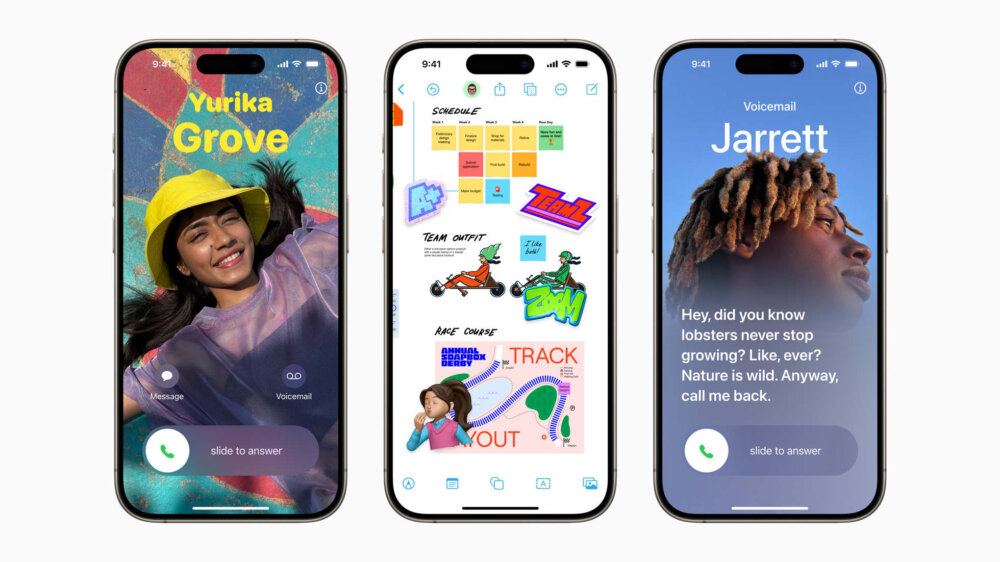
Will the Blue Yeti microphone work on an M1 Mac?
I’ve had a Blue Yeti microphone for about 7 years and it’s a brilliant piece of equipment. On a Mac it works without any drivers – just plug it in. But all may not be the same if you’re trying to use it on a M1-powered Mac.
I had my M1 MacBook Pro a few weeks before I noticed an issue – the microphone was shown as plugged in and selected as the input device but no sounds were being shown as being received. I tried everything, including a replacement cable, but it remained the same. Trying it on a Windows desktop, all worked normally. A quick Google search and it turned out I wasn’t the only person having an issue, and it seemed to be down to that new M1 chip. My particular experience seemed pretty unusual, though, as most people were finding that the sound was simply garbled. But, whether distorted or just not there, something was amiss – especially as other microphones appear to work just fine.
Why doesn’t the Blue Yeti Microphone work on M1 Macs?
Blue was bought by Logitech last year, so support is via them and, well, they remained pretty quiet on the subject – in the forums anyway. When I raised a support ticket, they quickly admitted there was an issue with M1 Macs.
Please note that we are currently working on a fix for issues with the Apple Silicon M1 processor. Unfortunately we do not have an ETA at this time.
Bearing in mind how long the M1 processor has been available, it doesn’t seem great that there’s still no ETA on this, especially as Logitech have been aware of this problem for at least 10 months.
Some other users suggested using Logitech’s G HUB application, which works with various Logitech hardware, including Blue microphones. This appears to use its own driver, which has worked successfully for some users. However, I found a terrible delay introduced into the microphone. Zoom was particularly bad with a second of lag between video and audio.
Is there a solution?
A few weeks later I received this update from Blue…
Please update G HUB with the release from yesterday (2021.10.8013).
The latency/delay you were experiencing should be fixed with this update.
I’ve not had a chance to try this but it appears this is the solution for now – using Logitech’s own software and drivers, rather than relying on the default Apple versions.
Other users have found alternative solutions, including making sure the microphone is plugged in and powered on before rebooting your Mac – when it comes back on, the microphone should be working. However, this only appears to work if you’re not using the Logitech software.
Related reading: How to make Zoom calls on Apple TV 4K
NEXT UP

Eight lessons from building an AI product
In 2021, long before ChatGPT, Prashant Mahajan built his own generative AI tool for product managers. Here, he shares his playbook for building an AI product that will stand out from the crowd.

Taavi Tamkivi, Founder and CEO of Salv: “Collaboration between financial institutions, or rather lack of it, has traditionally been a challenge”
We interview Taavi Tamkivi, the Founder and CEO of Salv, a regtech company on a mission to beat financial crime

Apple AI iPhones move one step closer with on-device AI experiments
Apple AI iPhones are a distinct possibility with the release of experimental language models that could run easily on a phone
